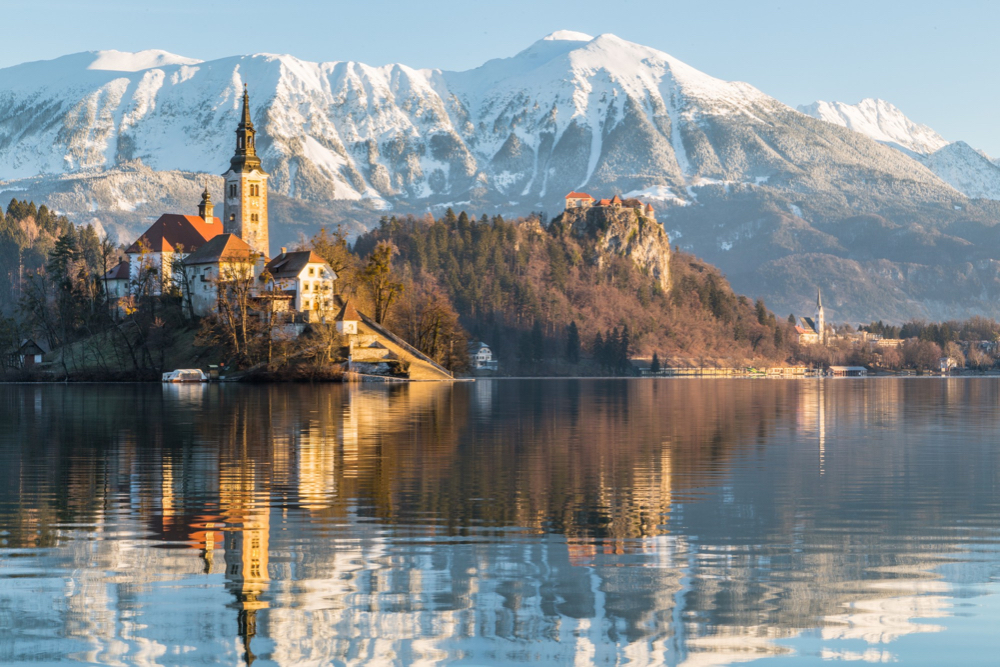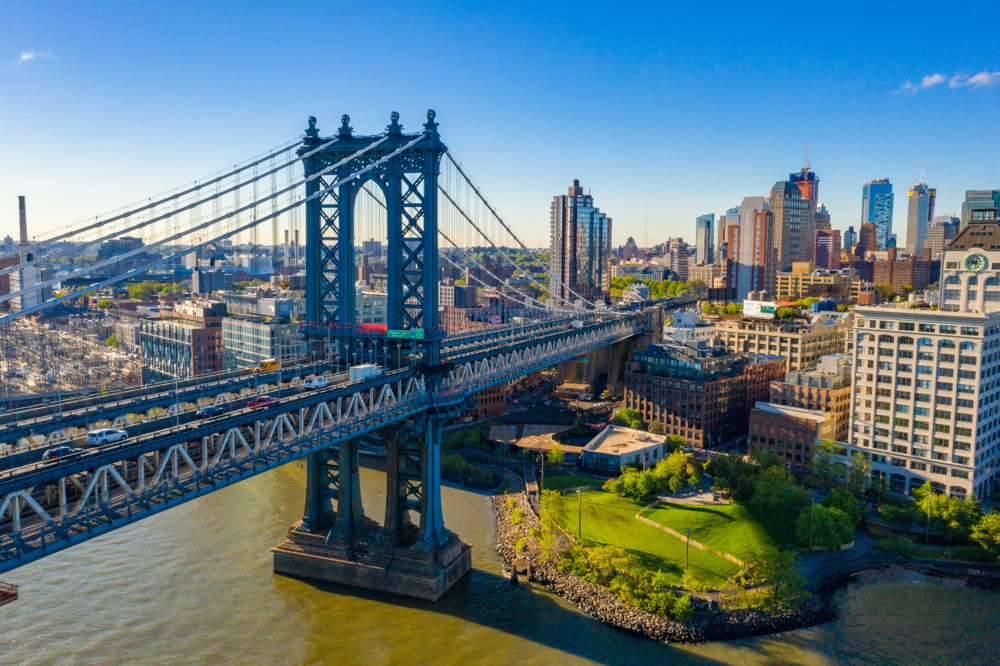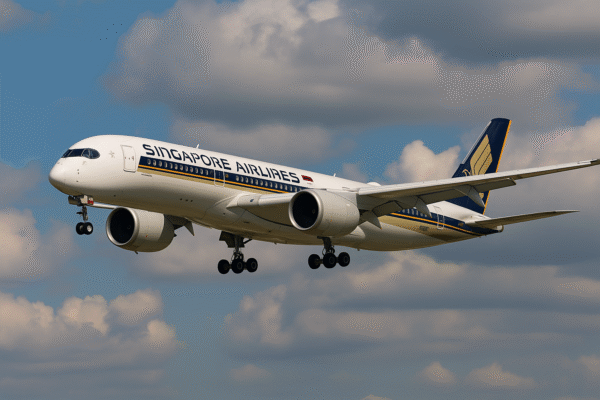LJUBLJANA, SLOVENIA — The UK Foreign, Commonwealth & Development Office (FCDO) has issued a critical travel advisory for British nationals planning to visit Slovenia, Austria, Italy, Croatia, and Hungary, citing a heightened risk of terrorism in the region. The updated warning emphasizes the need for increased vigilance as global security threats continue to evolve.
Escalating Threats Prompt Heightened Awareness
The advisory, updated on the FCDO’s official travel guidance page in July 2025, reflects growing international concerns over terrorism risks in key European travel hubs. While no specific incidents have been reported in Slovenia or neighboring countries recently, the UK government warns that extremist groups continue to view the UK and its nationals as legitimate targets.
According to the FCDO:
“Terrorists are very likely to try to carry out attacks in Europe, including Slovenia and nearby countries. Attacks could be indiscriminate, including in places visited by foreigners.”
Public spaces such as train stations, airports, shopping centers, religious sites, and popular tourist attractions are all highlighted as potential targets. Travelers are strongly urged to remain alert, report suspicious activity, and follow local security instructions at all times.
Specific Guidance for UK Nationals Visiting Slovenia
As part of the enhanced travel advisory, the UK government has also released practical guidance to help travelers avoid legal trouble and stay safe while visiting Slovenia—a popular summer destination for British tourists drawn to its alpine scenery, lakes, and historic cities.
1. Carry Valid Identification at All Times
Slovenian law requires all visitors to carry official identification such as a passport or EU/UK national ID card. A UK driver’s license is not considered valid ID.
Travelers caught without proper documentation risk on-the-spot fines between €50 to €200. It is advisable to carry a photocopy of your passport while securely storing the original in your accommodation.
2. Avoid Jaywalking: Fines and Confiscations Possible
Crossing the street outside of designated pedestrian areas can lead to immediate fines. In cases where tourists cannot pay the fine, Slovenian police may confiscate passports, personal items, or even vehicles until the penalty is settled.
The UK embassy in Ljubljana has handled multiple cases involving travelers who faced prolonged detainment due to unpaid fines.
3. Book Licensed Tour Guides Only
To curb tourist scams and unauthorized tours, Slovenia requires all certified tour guides to display a valid guide license card. This measure helps protect visitors from fraudulent operators. Tourists are advised to request identification from guides and confirm their legitimacy through local tourism boards or official websites.
Travel Safety Best Practices for Slovenia and Central Europe
Given the current alert level, the UK government is strongly advising travelers to take the following precautions:
- Monitor the FCDO travel advice site regularly: www.gov.uk/foreign-travel-advice/slovenia
- Register with the UK embassy in Ljubljana or download the FCDO Travel Aware app
- Keep emergency numbers handy: Slovenia’s national emergency number is 112, and police assistance is 113
- Avoid large gatherings, demonstrations, and unfamiliar areas after dark
- Follow instructions from local authorities, especially during festivals, events, or public security operations
- Ensure you have adequate travel insurance that covers potential disruptions caused by security threats
Slovenia Tourism Remains Resilient Despite Concerns
Despite the advisory, Slovenia remains committed to ensuring the safety of its international visitors. According to the Slovenian Tourist Board, the country welcomed over 6 million international tourists in 2024, with the UK ranked among its top 10 source markets. Major destinations such as Lake Bled, Ljubljana, Triglav National Park, and Piran continue to attract strong visitor interest.
The Slovenian Ministry of the Interior has also reinforced public security measures in tourist areas, including increased patrols and surveillance in airports and transport hubs.
A spokesperson from the British Embassy in Slovenia reiterated:
“This travel advice does not discourage travel to Slovenia, but rather ensures our citizens are well-informed. With reasonable caution and adherence to local laws, most trips are trouble-free.”
Final Word: Stay Aware, Stay Safe
As global travel resumes post-pandemic, security considerations remain an essential part of trip planning. While the current terrorism threat should be taken seriously, it should not deter well-prepared travelers from enjoying the cultural richness and natural beauty of Slovenia and its neighboring countries.
By staying informed, complying with local laws, and maintaining a heightened sense of awareness, UK tourists can continue to explore Slovenia safely and responsibly.
For more travel news like this, keep reading Global Travel Wire




















